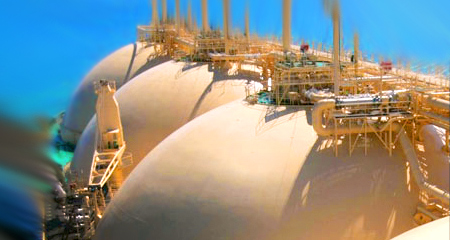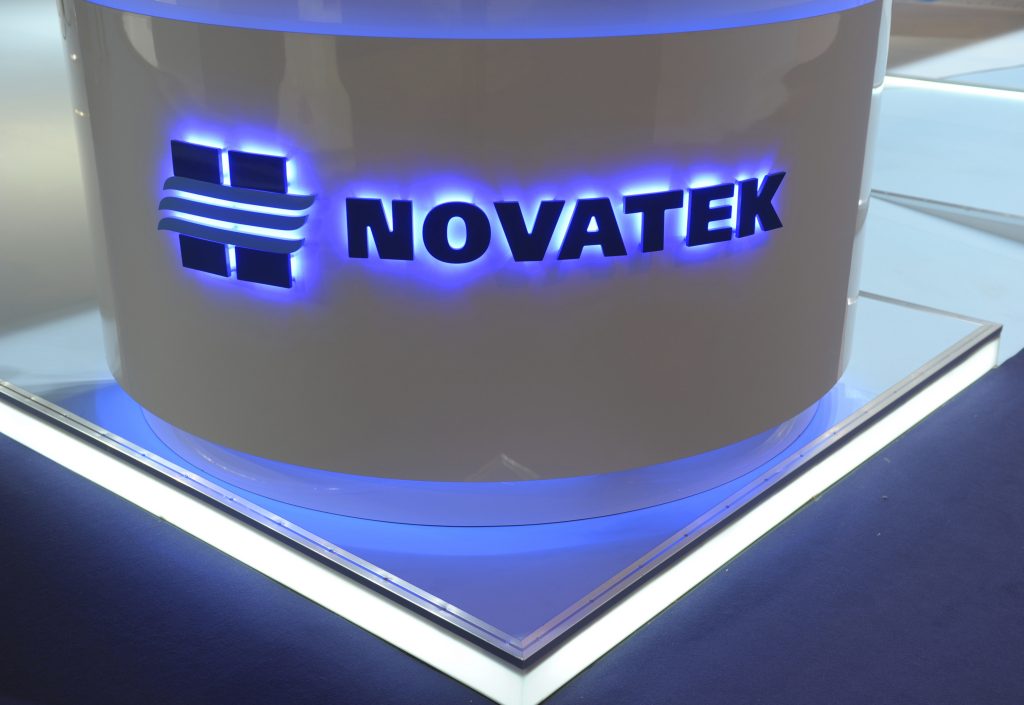
Launceston, Australia — The linking of a liquefied natural gas (LNG) contract to the price of coal is a long-overdue step, but while intriguing it’s also unlikely to represent a major shift in the fast-evolving market for the super-chilled fuel.
In a move believed to be the first of its kind, Royal Dutch Shell signed a long-term supply deal with Tokyo Gas last week that partly uses coal-linked indexation for the pricing.
The unusual agreement can be seen as part of efforts by Tokyo Gas, Japan’s second-biggest LNG buyer, to diversify its supply sources and the price risks associated with having LNG contracts linked solely to Brent crude.
The LNG industry was built on long-term, restrictive contracts that were linked to the price of crude oil, but the rapid growth of the industry has undercut that model.
The rise of U.S. LNG suppliers meant that more contracts were based on U.S. Henry Hub prices, and deals also tended to become more flexible on length and on destination restrictions, which limit buyers from on-selling cargoes.
The rise of China to become the world’s second biggest LNG importer after Japan also helped boost the spot market, as Chinese buyers often sought additional cargoes beyond their contracted volumes in periods of high demand, such as the northern winter.
While LNG was in its infancy it made sense to underpin the development costs of billions of dollars for new export projects with oil-linked contracts that could last for more than two decades.
This gave the project developers the certainty needed to raise large amounts of capital and also provided buyers with security of supply.
However, the deal between Tokyo Gas and Shell makes sense from the perspective that LNG and coal are effectively competing fuels in Japan, and by linking the price the Japanese company can hedge against competitors using coal-fired generation.
While this recent innovation makes sense in Japan, it may not have too much relevance in other countries in the region, with the possible exception of South Korea, where LNG also competes against coal.
LNG IS DIFFERENT IN CHINA, INDIA
In China, LNG is rarely used in power generation, with most of the natural gas consumed by residential heating and by various industries.
While natural gas is displacing coal in boilers used to heat buildings, there wouldn’t appear to be much synergy between the pricing of the two fuels in China.
Similarly in India LNG is hardly used in power generation, with its primary application being in industries such as chemicals and fertilizers.
While Chinese and Indian buyers are likely to be open to pricing LNG deals without linkages to crude, it’s unlikely that a coal-linked contract would be front of mind.
Rather, spot pricing or short-term deals linked to existing LNG or natural gas indexes are likely to hold more appeal, as these offer sufficient flexibility and don’t require strong knowledge of the workings of another market, such as coal.
The overall significance of the Shell-Tokyo Gas deal isn’t that coal is getting in on the LNG act, it’s that the LNG market is continuing to evolve at a fairly rapid pace.
With new supply additions expected to exceed demand growth this year and next, it’s likely that a variety of more flexible pricing arrangements will emerge.
This will be underscored when the next wave of LNG projects starts to come on stream around the middle of the next decade, as many of these are likely to be sanctioned without the underlying guarantee of long-term, crude-linked sales agreements.
Follow us on twitter
- Reuters



